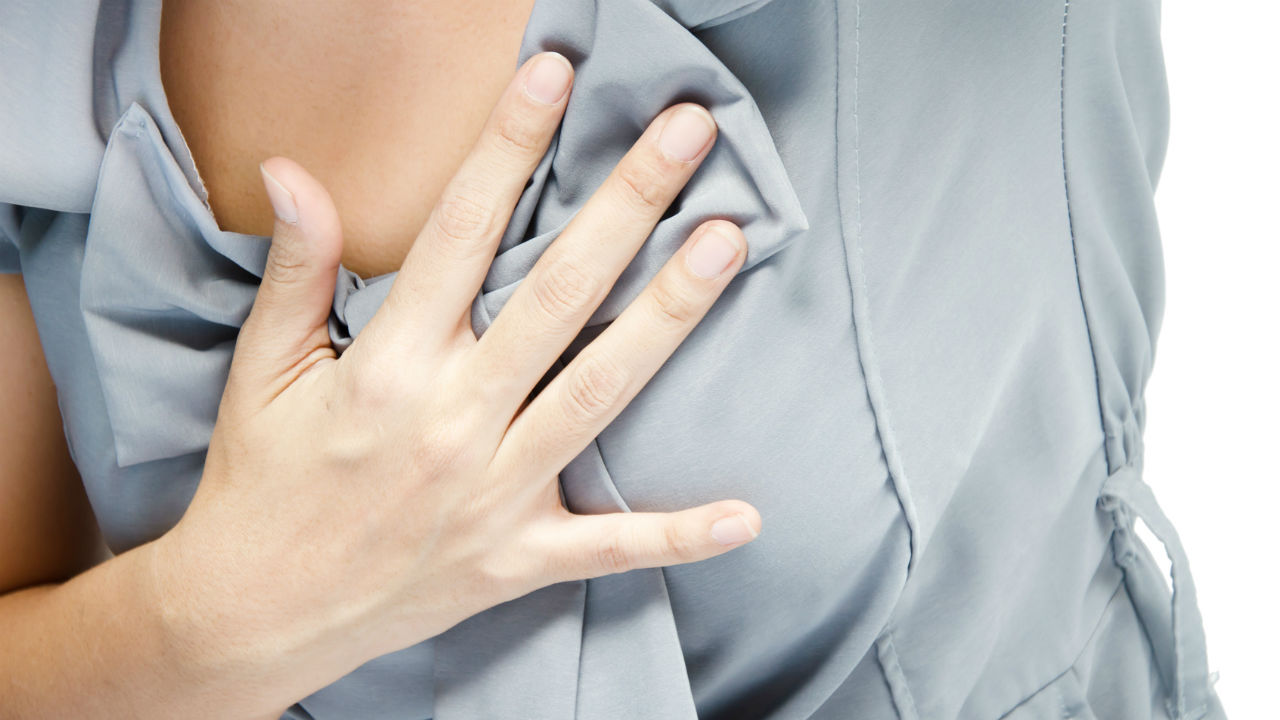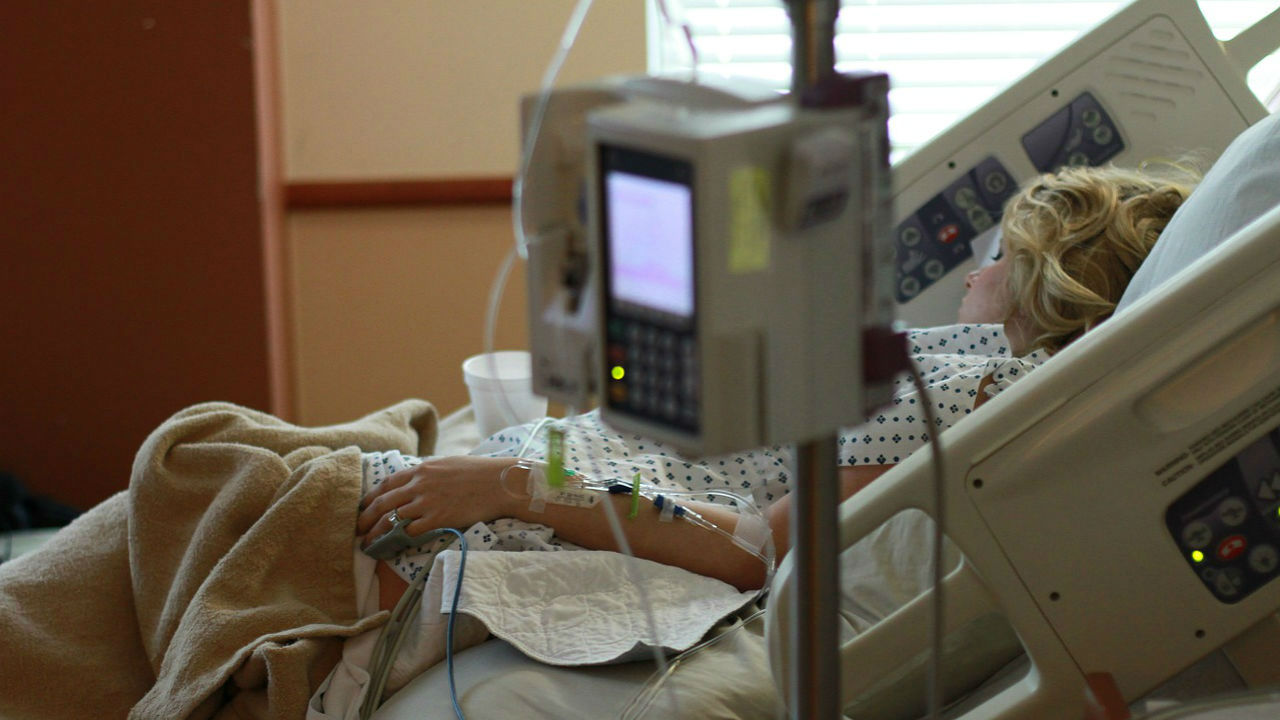 Via Pexels
Via Pexels
This week we saw a wide variety of questions come into our community. Women asked about what to do when faced with open heart surgery, the safety of tattoos and how having HPV will affect their family. Our moderators provided resources and answers to these health questions as well as many others. Do you have a health question you need an answer for? Post it to our community, and we promise to respond within 24 hours.
Here are some of our top ASKs in the EmpowHER community this week.
1. I have heat, stinging and stabbing pain radiating through my breast, armpit and collarbone. Could I have inflammatory breast cancer?

Via Fotolia
A: I know that we all dread when "something" is seen on a mammogram. I can understand why you are asking this question, based on your symptoms, even if there is no redness (a common symptom).
Inflammatory breast cancer doesn’t have to have a lump. In fact, it can start out with redness of the skin. It may cause your breast to enlarge or swell, be tender, warm to the touch, look like an infection, or look like mastitis, which can happen during breast-feeding! The cancer cells plug up the lymphatic vessels in the skin, not allowing fluid to drain away, which causes the breast to change color and swell. Read the full answer here.
2. Why do my chest and arms ache when I walk a short distance?

Via Pexels
A: A lack of physical fitness can cause chest and arm pain when walking short distances. This can be stopped by daily walking that gradually becomes longer and longer but make it very gradual. There is the potential that you may have a weakened heart; something you should mention to your doctor. Read the full answer here.
3. I have coronary artery disease. Should I get stents put in or have open heart surgery?

Via Pixabay
A: For our readers who may not be familiar with coronary artery disease, coronary arteries bring oxygen rich blood to the heart muscle. Coronary artery disease (CAD) is blockage of these arteries. If the blockage is complete, areas of the heart muscle may be damaged. In severe case the heart muscle dies. This can lead to a heart attack, also known as a myocardial infarction. Coronary artery disease is the most common form of heart disease. It is the leading cause of death worldwide. Read the full answer here.
4. Can going through menopause make your blood sugar higher?

Via Fotolia
A: Three months without a period is a sign that you have entered perimenopause. You will have reached menopause once you have had 12 consecutive months without a period.
The hormones progesterone and estrogen will impact how the cells of your body respond to insulin. After you go through menopause, hormone level changes can result in blood sugar level fluctuation. Read the full answer here.
5. How does HPV affect marriage and expanding the family?

Via Pexels
A: It's imperative that you schedule routine screenings for cervical cancer so that any abnormal cell changes can be detected. There is no treatment for the virus itself, however, there are treatments for the health problems that HPV can cause.
With regards to having more children, I would speak with your doctor about the best options for you and your husband growing your family. HPV genital warts has been known to cause complications with your vaginal area that can affect your pregnancy especially if you have to have warts removed. But as far as your child being born with it, that is unlikely. Read the full answer here.





Add a CommentComments
There are no comments yet. Be the first one and get the conversation started!